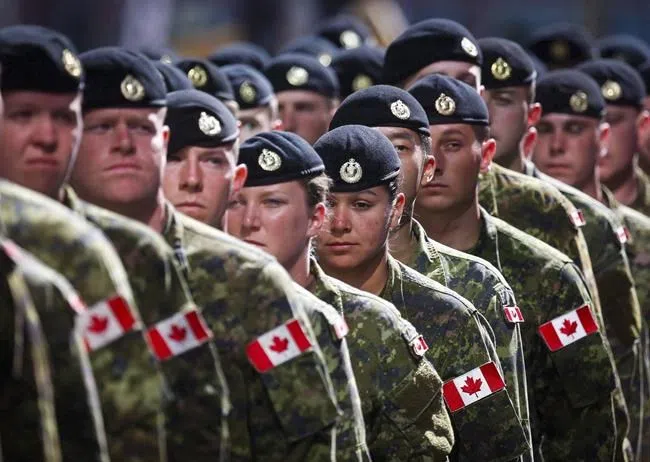
Gay purge lawsuit settlement expanded to include more people who suffered
OTTAWA — The federal government has agreed to expand the scope of a landmark deal to financially compensate members of the military and other agencies who were investigated and sometimes fired because of their sexual orientation.
A revised version of the class-action settlement over the so-called “gay purge” explicitly includes people whose careers suffered as early as 1955 — seven years prior to a previously agreed date.
In addition, the settlement creates an “exceptions committee” that will look case-by-case at those who might otherwise fall through the cracks.
They could include people affected before 1955, individuals who worked for agencies not listed in the settlement, or those who were targeted even though they were not gay or lesbian.
